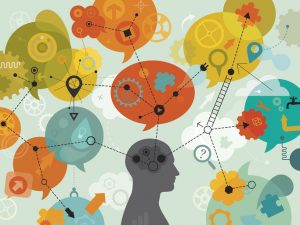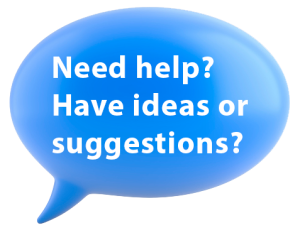
How many times have you seen that phrase? Counting this time, probably once. While variety is known as the spice of life, it should be noted that the human brain brings power to that variety by processing it and storing it. Our travels, our relationships, and even the foods we eat must be analyzed and recorded in the human brain. New experiences, new knowledge, new ideas, new skills, and new opportunities can come to life thanks in large part to something called neuroplasticity. All learning is dependent upon it. It is the brain’s ability to build and expand “libraries” of information and to make actual structural changes at a microscopic level to form connections between those libraries. In effect, your brain is both a massive library system and an ultra-high-speed search engine! Pretty cool, don’t you think? Regardless of your answer to that, your brain was immediately able to access information about each word in the question, put it in context, and recognize that the word “cool” was not a reference to the weather.
Your brain is always looking for information, even when you’re not consciously looking for it. It will store that information in a library for you, much as if it were a book. If you work with that “book” a lot, the brain will keep it on a shelf where you can grab it quickly and easily. Use that book in a variety of ways, and the brain will store it in multiple libraries for quicker access and broader application. If a book is not used very much, or at all, it will be deleted from the library.
Successful real estate professionals are always increasing their knowledge and skills. They practice over and over so the brain can rapidly access what is needed in any situation. They keep adding new books to their mental libraries and they use the information in those books routinely. The quality of their mental libraries is based on the quality of the books. Their pursuit of quality professional development keeps the books current, accurate, and powerful.
It is important to note that the brain will actively look for whatever you tell it to look for. When you establish personal or professional goals, this tells your brain to look for information related to those goals. Writing your goals down and reviewing them weekly is the best way to direct your brain to look for specific information. Your brain is well equipped to handle more information than you could ever imagine, and a variety of books in your mental library is best way to support creative, productive thinking.
Rod McIntyre, Ph.D.
KAR Staff





